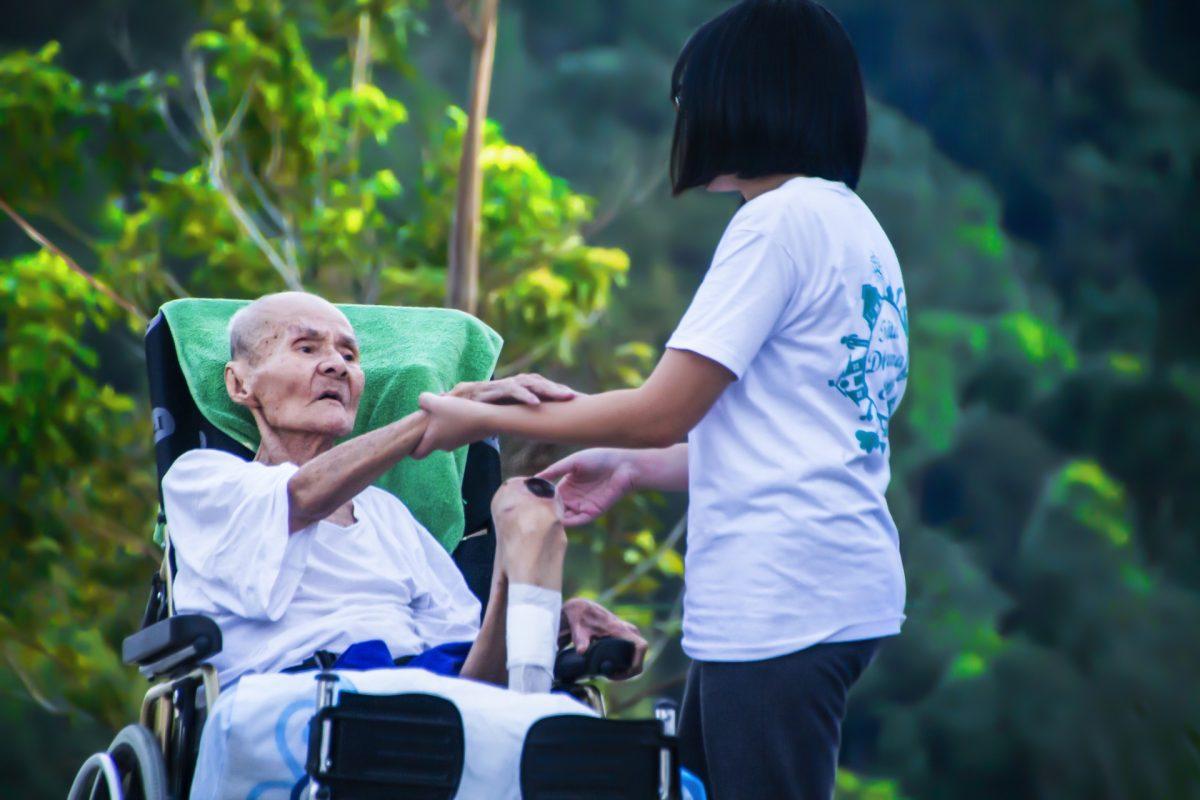Any illness changes the roles and dynamic of a family. In a parent and child relationship the responsibilities can suddenly shift onto the child and the parent becomes the one that needs to be taken care of. There are big changes that happen within the household.
Responsibilities quickly shift onto the caregiver, such as taking care of the loved one’s needs, grocery shopping, doing all the driving, cleaning the house and going to work. If you are a student, you also have to balance classes on top of this, and potentially work as well.
How does this affect the caregiver(s)?
“Caregivers and support givers also need to recognize their need for care and not feel guilty about it,” Jim Priest said in a piece for Newsok. “What can I do to support myself as I support my family member?”
What can the caregiver do for themselves to help them get through this time?
Take time for personal care, with health-focused activities like yoga. Make time for a hobby/interest, like go for a walk in nature. Take a nap when your body needs to rest, and make sure you make time to eat and ask for help when you need it. Remember that your life matters and it is very important to be aware of this, especially during this challenging time.
What can friends and others do to help the caregiver?
You can offer to take some responsibilities off of the caregiver(s) by cooking meals, doing yard work, offering rides to appointments, asking if they would like to go out for a quick meal or go to the movies or perhaps for a bike ride. You can also ask them casually what they may need help with and be a shoulder to lean on.
Patients are the ones that are physically going through treatments, but the caregivers are right there by their side experiencing the life changing event.
According to the American Psychological Association, “Family caregivers also often lack support networks or the time to access available support networks, and there is evidence that social support networks dwindle over time in many care giving scenarios, resulting in a sense of isolation.”
More needs to be done within the medical community to create an environment of support for the caregiver in this way. The patient and caregiver will benefit from creating a stronger foundation for recovery.
With being a caregiver, your life is changed and sometimes this change is drastic. Dealing with a crisis like the cancer of a loved one can put a toll on the caregiver. Stress packs a punch and it is important to find ways to reduce its impact, or there is a risk of mental and physical burn out.
As our society ages and cancer rates continue to climb, it is important to recognize the impact this has on our society. Along with all of the new cancer diagnoses, there are countless caregivers working behind the scenes taking care of their loved ones in order for healing to occur.
For questions/comments about this story, email news@thewhitonline.com or tweet @TheWhitOnline.























































































































































!["Working with [Dr. Lynch] is always a learning experience for me. She is a treasure,” said Thomas. - Staff Writer / Kacie Scibilia](https://thewhitonline.com/wp-content/uploads/2025/04/choir-1-1200x694.jpg)












































